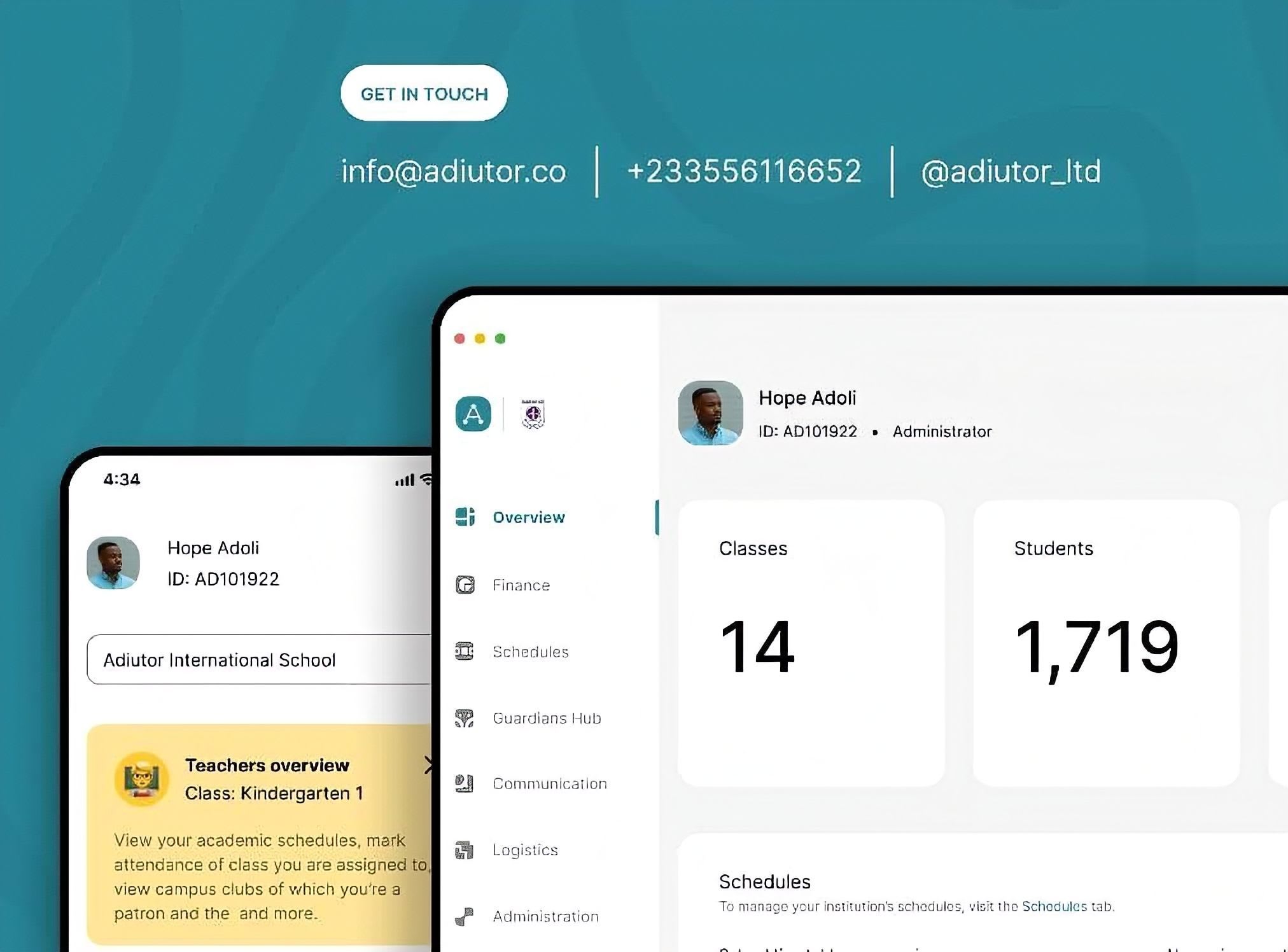Career counselling for junior and senior high school students
As students stand at the threshold of their future, it becomes essential to guide and support them in making informed decisions about their career paths.

As students stand at the threshold of their future, it becomes essential to guide and support them in making informed decisions about their career paths. Career counselling plays a pivotal role in helping students explore their interests, talents, and aspirations while aligning them with suitable career options. In this article, we will delve into the career counselling process, discuss the significance of students' understanding of career counselling in developing career choices, and shed light on the difficulties encountered during the career counselling process.
💡 Lessons learnt: A clear vision drives success
Career Counselling
Career counselling for students is a professional service that aims to assist individuals in exploring, understanding, and making informed decisions about their career paths. Career counsellors provide guidance, support, and resources to help students understand their interests, strengths, and values, align them with suitable career options, and develop action plans to achieve their career goals. Career counselling is a process that involves various stages:
Self-Exploration: The first step is self-exploration, where students assess their interests, values, skills, and personality traits. This introspection helps them gain a deeper understanding of themselves and their potential career preferences.
Career Exploration: Next, students engage in exploring different career options. They learn about various occupations, job market trends, educational requirements, and potential pathways in their areas of interest. This stage exposes them to a wide range of possibilities and expands their knowledge base.
Goal Setting: After exploring different career options, students set goals and develop action plans. They identify the educational and training pathways required to pursue their chosen careers and establish short-term and long-term goals.
Decision Making: In this stage, students evaluate the gathered information, weigh the pros and cons of different options, and make informed decisions about their career choices. This process involves considering personal values, lifestyle preferences, financial factors, and future prospects.
Implementation: Once decisions are made, students take concrete steps to implement their career plans. They enrol in relevant courses, pursue internships, participate in career-related activities, and seek guidance from mentors. Regular follow-up sessions with career counsellors ensure that students stay on track and make necessary adjustments as needed.
Helping students understand the Importance of Career Counseling
A crucial aspect of career counselling is ensuring that students understand its purpose and value in developing their career choices. Research suggests that when students have a clear understanding of career counselling, they are more engaged and proactive in the process. They become active participants in exploring career options, seeking guidance, and utilizing available resources.
To enhance students' understanding, career counsellors employ various strategies such as individual counselling sessions, group workshops, and career exploration activities. These initiatives help students gain insights into their own strengths, interests, and values, enabling them to make informed decisions that align with their unique aspirations.
Difficulties in the Career Counseling Process in Developing Career Choices
While career counselling offers invaluable support, it is not without its challenges. Some common difficulties faced in the process include:
- Lack of Awareness: Students may lack awareness about the wide range of career options available to them. Limited exposure to different occupations can hinder their ability to make well-informed decisions.
- External Influences: External factors, such as parental expectations or societal pressure, can sometimes overshadow students' genuine interests and aspirations. This is where career counsellors can rake in their vast experience to help coach students and parents (where necessary) to navigate these influences and make choices that align with their individual strengths and passions.
- Uncertainty and Ambiguity: Choosing a career path can be a daunting task for students. The vast array of options and uncertainty about future job prospects can create anxiety and indecision.
- Limited Resources: Some schools may have limited resources or access to comprehensive career counselling services. This can impede students' ability to receive the necessary support and guidance.
To address these difficulties, it is essential to provide comprehensive career counselling programs in schools, collaborate with external resources, and offer ongoing support to students. Engaging junior and senior high school students in self-reflection activities, and exposing them to diverse career experiences helps them discover hidden interests and strengths while helping them create a clearer vision for their future.

Adiutor
Adiutor means "helper" - we do just that, by taking a load of your school administration and helping you focus on what matters most: the kids.
